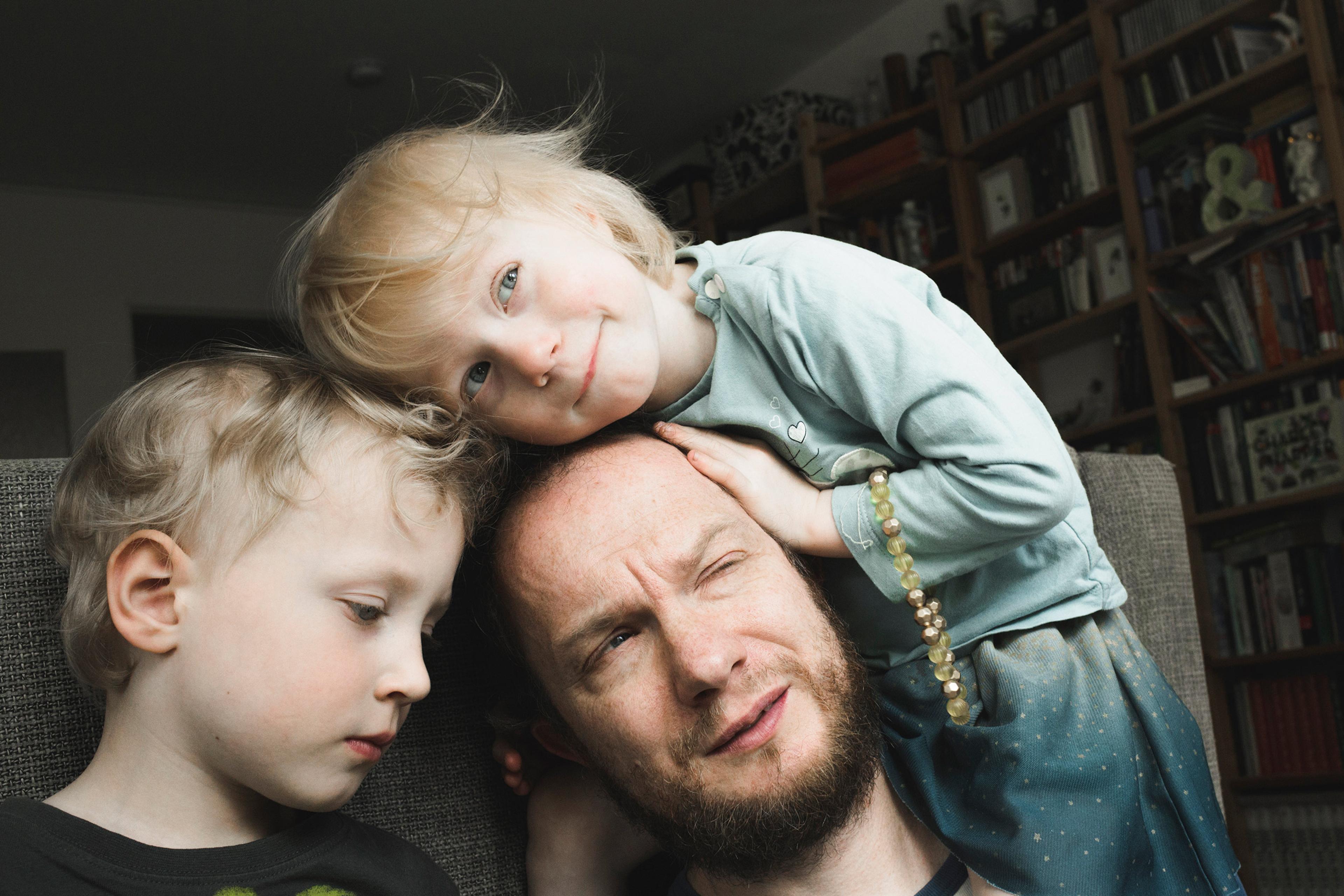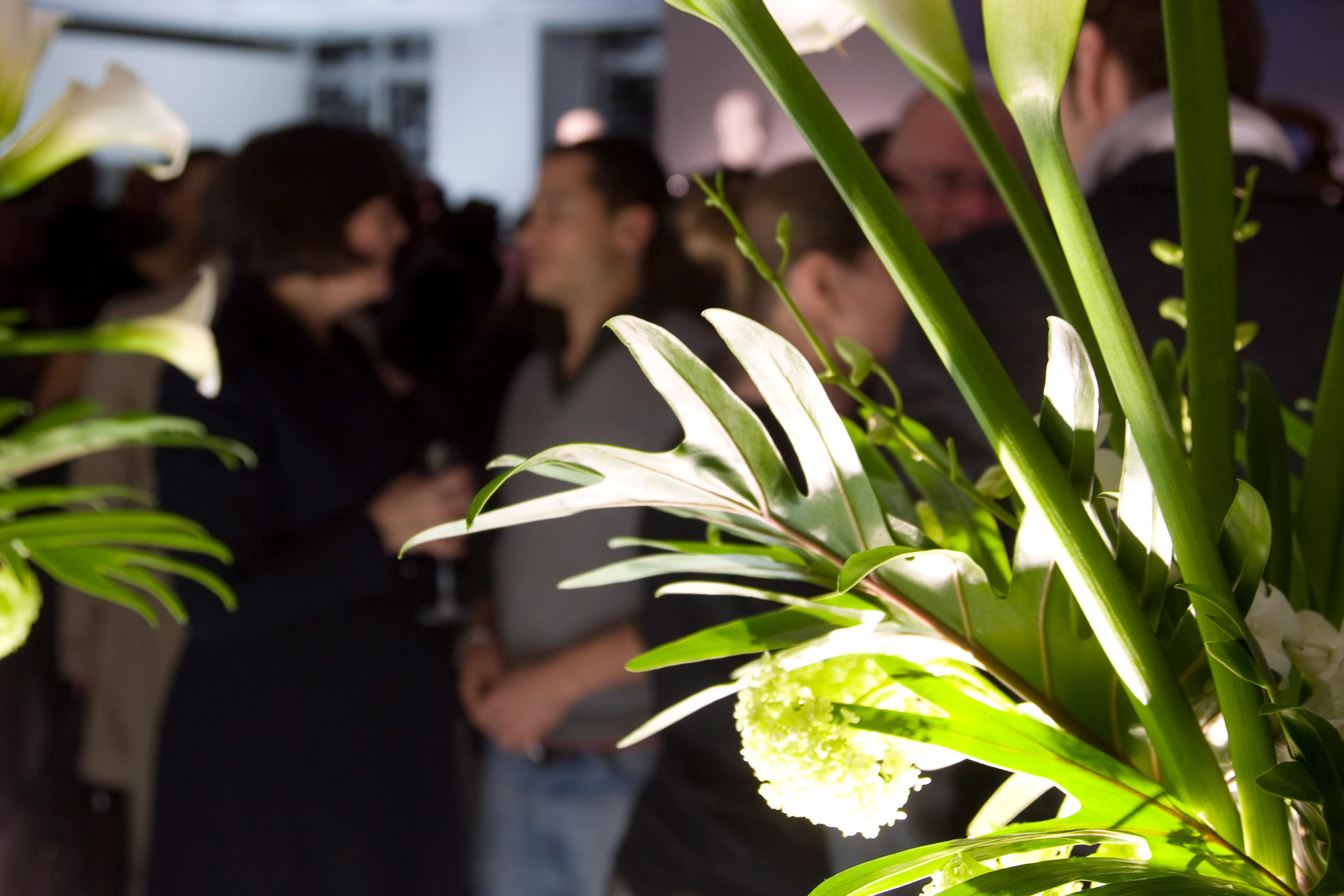
So what if Nike’s neuro shoes are a placebo?
Nike has released a range of ‘mind-altering’ shoes engineered by neuroscientists. They’re probably an elaborate placebo
by Christian Jarrett
Christian is a Chartered Psychologist and Associate Fellow of the British Psychological Society. He also holds a Masters in neuroscience and PhD in cognitive neuroscience awarded through two Medical Research Council scholarships. Christian was the founding editor of the British Psychological Society’s Research Digest and an award-winning journalist on The Psychologist magazine. His books include The Rough Guide to Psychology, 30-Second Psychology and Great Myths of the Brain. His latest Be Who You Want: Unlocking the Science of Personality Change was awarded the annual book prize by the Society for Personality and Social Psychology. Christian has written for many international publications such as GQ, Wired, New York Magazine, BBC Future and The Guardian, and he’s answered readers’ questions on psychology and neuroscience for BBC Science Focus for nearly a decade. Christian will never forget holding a human brain in his hands as part of a neuroanatomy class, the grey mass so heavy as if filled still with memories and dreams.
Written by Christian Jarrett

Nike has released a range of ‘mind-altering’ shoes engineered by neuroscientists. They’re probably an elaborate placebo
by Christian Jarrett

There’s a way to recall past encounters with your fears that could help you feel more confident facing them in future
by Christian Jarrett

The Ukrainian boxing champion Usyk’s recent claim that ‘discipline is better than motivation’ was psychologically astute
by Christian Jarrett

Researchers studied the effect of slow breathing on people’s brain activity while they experienced anticipatory anxiety
by Christian Jarrett

Research suggests that people who express their gratitude more effusively are judged as lower status and less influential
by Christian Jarrett

As the father of twins, I could hardly feel more frazzled. But my brain age might paint a different, more youthful, picture
by Christian Jarrett

Psychologists have tested a way to seed ‘involuntary positive mental images’ in the brain. You can try it for yourself
by Christian Jarrett

You mustn’t assume that the skills that served you well in the past will be enough for any new challenges that lie ahead
by Christian Jarrett
Edited by Christian Jarrett

Drug treatments for schizophrenia have barely changed in 70 years, but a mix of chance and ingenuity offers fresh hope
by Jeremy Hall

Do networking events fill you with dread? Here’s how to manage your fears, show up, and take advantage of the opportunities
by Fallon Goodman


The muscle metaphor based on ego-depletion theory hasn’t survived scrutiny. But there’s an alternative that holds promise
by Alberto De Luca

Avoid the trap of thinking you’re either working or not. A different mindset promises less self-judgment and more progress
by Rebecca Roache

Scientists are uncovering the nature of an elusive mental experience that challenges what it means to be conscious
by Thomas Andrillon

Self-talk is a proven way to boost motivation, think clearly and process your emotions. These tips will help you use it well
by Maryellen MacDonald

Contrary to classic habit science, certain behaviours never become easy. Recognising this can help you stick with them
by Blair Saunders & Kimberly R More